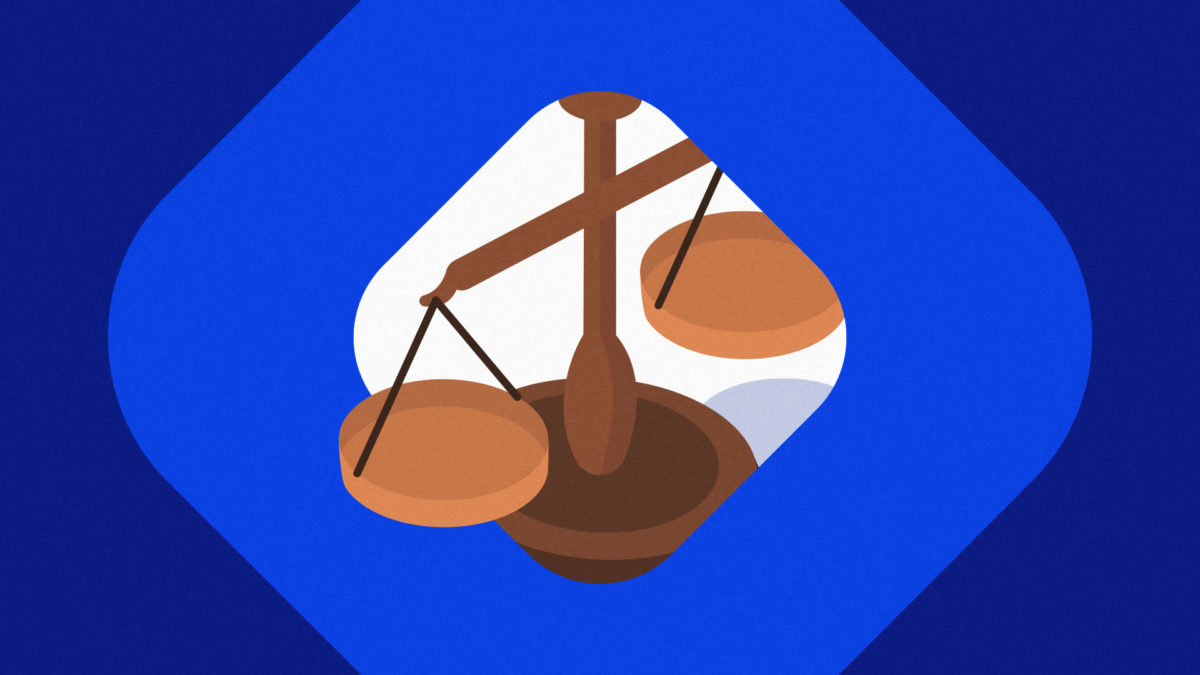Disgruntled BlockFi users push class-action after record SEC settlement

Angry BlockFi customers want to serve the DeFi startup with a fresh lawsuit just weeks after it reached a $100-million settlement with the US Securities and Exchange Commission (SEC).
According to Law360, Californian crypto user John Mangano has proposed a class action lawsuit for the hundreds of thousands of US users who signed up for one of BlockFi’s interest-bearing digital asset accounts.
Mangano asked New Jersey federal court to certify the suit. He’s also called for a sub-class in California where he alleges BlockFi broke local securities law.
Often BlockFi’s rates beat those offered by traditional banks (currently up to 8% on stablecoins and up to 10% on other tokens while banks offer well under 1%).
- BlockFi works like a crypto bank.
- Essentially, users stake or lend crypto to BlockFi in return for interest.
- It then goes off and generates its own revenue using those digital assets.
However, Mangano says BlockFi has marketed the potential profits of its yield-generating “BIA accounts” (also known as securities accounts) since 2019 — despite “peddling unregistered securities.”
“BlockFi failed to disclose to BIA Investors that its BIA product is not currently registered by federal or state securities regulatory authorities, even though the BIA is a ‘security’ and should be registered as such,” said Mangano (via Law360).
He also claims that BlockFi’s crypto-interest accounts operate with increased risk compared to legacy financial products.
This is because they lack protection from the Securities Investor Protection Corporation (SIPC) or insurance from the Federal Deposit Insurance Corporation (FDIC).
“Despite the additional risk, and lack of safeguards and regulatory oversight, as of March 31, 2021, BlockFi held the equivalent of $14.7 billion from the sale of these unregistered securities in violation of federal and state securities laws,” added Mangano.
BlockFi paid highest crypto securities settlement in SEC history
Last July, BlockFi’s home state of New Jersey blocked it from offering its crypto-yield accounts to residents. Securities watchdogs in Alabama and Texas quickly followed suit.
A few months later, competitors Nexo, Celsius, and three unnamed companies were sent letters (the former a cease and desist and the latter an inquiry) from the New York Attorney General’s office over their respective yield offerings.
But perhaps most prominently, Coinbase culled its impending crypto interest product Lend last September after the SEC indicated intent to sue if it launched.
SEC chair Gary Gensler earlier this year promised more attention and tougher action on cryptocurrency companies, particularly crypto lending startups and stablecoin issuers.
Echoing Mangano’s claims, the SEC noted that BlockFi indeed had been offering unregistered securities through its crypto-powered savings accounts.
It added that the crypto-bank made false or misleading statements for more than two years about the levels of risks associated with its loan portfolio and lending activities.
“Today’s settlement makes clear that crypto markets must comply with time-tested securities laws, such as the Securities Act of 1933 and the Investment Company Act of 1940,” said Gensler at the time.
“It further demonstrates the Commission’s willingness to work with crypto platforms to determine how they can come into compliance with those laws.”
Read more: [BlockFi threatens legal action after Bitcoin blunder worth millions]
Speaking about BlockFi’s record $100-million settlement, split between the SEC and 32 US states, BlockFi chief exec Zac Prince said in a statement:
“We intend for BlockFi Yield to be a new, SEC-registered crypto interest-bearing security, which will allow clients to earn interest on their crypto assets.”
While not admitting or denying the regulator’s charges, BlockFi now prevents the onboarding of new US users. It also said current customers will be unable to increase their positions.
At the time (in January), the SEC gave BlockFi 60 days to bring its operation in line with the Investment Company Act.
This will mean BlockFi creating a new crypto product that doesn’t break US securities law.
As for the proposed class-action, Mangano is alleging BlockFI benefitted from unjust enrichment by violating California securities laws. He’s reportedly demanding members receive unspecified damages and recovery of legal fees.
Follow us on Twitter for more informed news. After that, listen to the first three episodes of our new investigative podcast series Innovated: Blockchain City.
